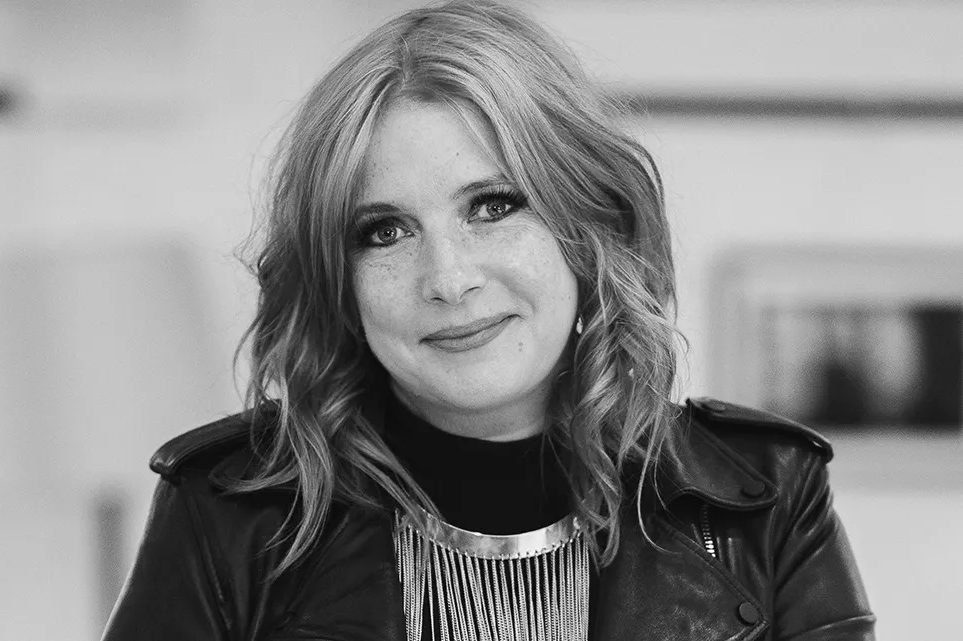Lauren Beukes is a writer who puts cerebral propositions into breakneck thrillers: structural misogyny in The Shining Girls; the flip side of patriarchy in Afterland. In Bridge, she investigates the depressive’s favorite hypotheticals — could have, should have, would have, might have.
The protagonist is Bridget, whose mother, Jo, has recently died from brain cancer. Jo was a scientist, interested in rather eccentric ideas, and has bequeathed Bridget a problematic legacy. It seems as if Jo had found a way, using harmonics, visual stimuli and an odd, worm-like thing (think fungus or parasite or the nematode in a tequila bottle) to access other realities. Through trial and error, Bridget manages to live up to her name and bridge universes. She becomes convinced that her dead mother is alive in a parallel world: that is the quest part of the narrative.
This allows Beukes to deal with some of the concerns of her previous works. As she travels between worlds, Bridget “hopscotches” into the minds of abused women, vapid women, brilliant women, adventurous women and depressive women. These are all sort-of versions of herself, but she’s unaware that there are others who wish to stop such swaps. She finds herself facing an adversary equally at home in the multiverse, and with a hive mind of what Bridget calls “otherselves.”
The book starts quietly before growing frantic. There is a dramatic denouement, but the real ending is different. Bridge becomes a subtle novel about assisted dying, consent and forgiveness. It also deals with fleeing war criminals, refugees, rootlessness and paranoia — the last fully justified.
Body-swapping and alternative realities have been staples of science fiction for a long time, and there is an obligatory wink to Jorge Luis Borges’s short story “The Garden of Forking Paths.” What Beukes brings is — like her protagonist — multiple. First, the imagery is brilliantly quirky (zoetropes, a thumb piano, a yappy dog), so the set-up is nicely awry: there isn’t a science behind this horror. Second, she is more concerned with morals than politics, though she lobs in some good jokes. Third, she highlights how reliant we are on phones and iPads and social media — as if we did not know who we were without them. It’s a fun novel, but also a serious one.
This article was originally published in The Spectator’s UK magazine. Subscribe to the World edition here.





















